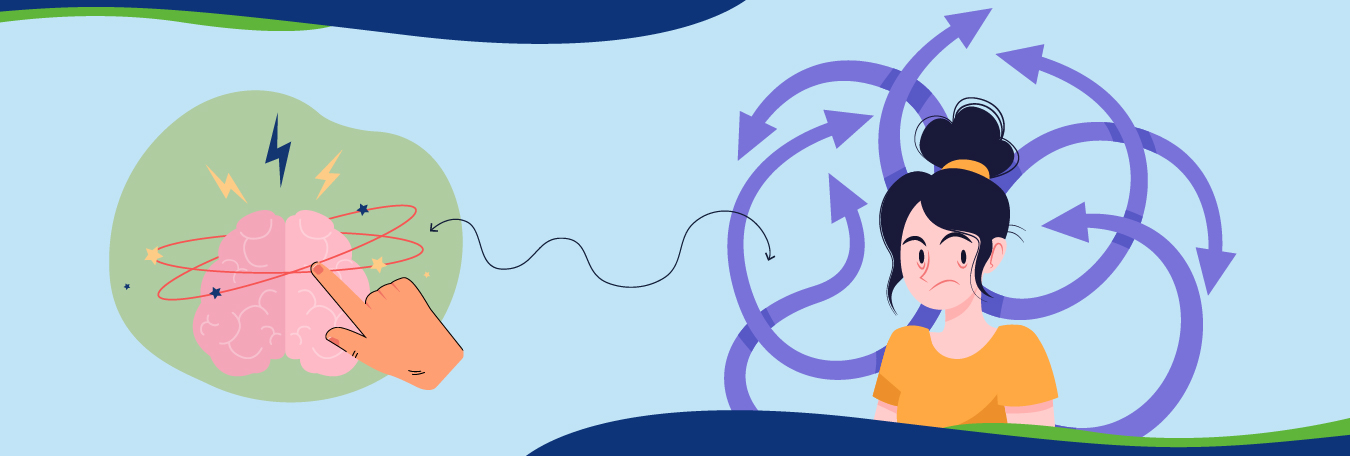In today’s digital world, telehealth is a popular and easy way for people to get healthcare services, including addiction treatment. Telehealth, which uses digital platforms like video calls, phone calls, and mobile apps, has opened up new ways for people struggling with addiction to get help from their own homes.
Addiction is a complicated problem that affects millions of people around the world. Whether it’s an addiction to substances like alcohol or drugs or behaviors like gambling or gaming, finding the right treatment is important for recovery. Unfortunately, many people who need help face problems like stigma, being far from treatment centers, or even being afraid to get help in person. Telehealth offers a solution to many of these problems, making addiction treatment more accessible, flexible, and effective.
In this blog post, we’ll explore how telehealth is changing addiction treatment, its benefits, how it works, and some challenges to be aware of. Whether you or someone you know is struggling with addiction, understanding the role of telehealth in recovery could be the first step toward healing.
What is Telehealth Addiction Treatment?
Technology-based addiction treatment services include remote or synchronous communication connections, including video conferencing, phone calls, online meetings, etc. This can mean advice and guidance, individual or group sessions with a psychologist/psychiatrist, taking drugs, and attendance of or participation in support groups. Telehealth lets individuals access the same care they would in person, but they don’t have to go to the treatment center.
For example, someone struggling with alcohol addiction might have weekly therapy sessions with a counselor via a secure video call. They might also use an app to track their progress, receive reminders about medications, or connect with a support group online.
Read More: The Rise of Telehealth: Exploring the pros of telehealth
Benefits Of Telehealth In Addiction Treatment
Telehealth has opened up new ways for addiction treatment, offering many benefits for those seeking help. Let’s take a closer look at how telehealth can make a difference in the recovery journey.
-
Increased Accessibility
One of the biggest advantages of telehealth is that it makes addiction treatment more accessible to people, especially those who live in remote areas, have limited transportation options, or have busy schedules. For many people, traveling to a treatment center regularly can be a significant barrier to getting the help they need. With telehealth, they can connect with healthcare providers from wherever they are, whether that’s their home, office, or another safe space.
This is especially important for individuals who live in rural areas or places where addiction treatment centers are scarce. Telehealth eliminates the need for long drives or overnight stays, making treatment more convenient and reducing the time commitment involved.
-
Privacy and Reduced Stigma
It is common knowledge that most addicts are too shy or embarrassed to look for help because of the social disgrace associated with substance use disorders that eventually lead to depression and anxiety. They might consider people may see them and judge them when attending in-person treatment programs. Telehealth means that the person can get treated privately and discreetly, so more people will seek help without fear of being stigmatized.
It is always preferred by many to attend addiction treatment from home since they can avoid the public and feel more relaxed. Patients can talk to their therapist or counselor in familiar surroundings, which makes them more vulnerable and willing to share their issues.
-
Flexibility and Convenience
Another major benefit of online addiction counseling is the flexibility it offers. People can schedule therapy sessions, check-ins, or medication management appointments at times that work best for them. This flexibility is especially helpful for those who are balancing recovery with work, school, or family responsibilities.
Telehealth eliminates the need to take time off work or arrange childcare in order to attend appointments. Instead, individuals can receive the support they need at a time and place that fits into their daily lives.
-
Continuity of Care
Telehealth also supports continuity of care, meaning that individuals can stay connected to their healthcare providers even if they move or travel. For people in addiction recovery, maintaining a consistent relationship with a counselor or therapist is critical to their success.

Whether someone relocates to a new city, goes on vacation, or is temporarily unable to attend in-person sessions, telehealth ensures that they can continue receiving treatment without interruption. This continuity is vital, especially during the vulnerable early stages of recovery when support is most needed.
-
Cost-Effectiveness
Often, telehealth may be cheaper than face-to-face substance abuse treatment. Without the need to travel or take time off work, individuals can save money on transportation and lost wages. Additionally, many telehealth platforms offer affordable or sliding-scale payment options, making treatment more financially accessible.
Read More: Elevate Addiction Services: A Comprehensive Approach
How Telehealth Addiction Treatment Works?
Telehealth addiction treatment is essentially the same as face-to-face treatment; however, they are administered through digital means. Here’s a look at some common components of telehealth addiction treatment:
-
Individual Counseling
Counseling is an important component of the treatment process of alcohol and drug dependency. Teletherapy means that a person can have an appointment with a therapist or a counselor using video or phone. These are all based on searching for the causes of dependency, creating ways to manage it, and ensuring that a person has a lot of support in their quest for sobriety.
Example:
A person undergoing an opioid use disorder might see a counselor once a week in a video call to overcome an urge, discuss past trauma, or develop better coping mechanisms.
-
Group Therapy
Group therapy is a part of psychotherapy and provides individuals with a sense of community and support from others who are going through similar experiences. Many telehealth platforms offer virtual group therapy sessions where people can share their struggles, successes, and challenges in a safe and supportive environment.
For many, knowing that they’re not alone in their recovery journey can be a powerful motivator to stay committed to the process.
-
Medication Assisted Treatment (MAT)
For some individuals, medication can play an important role in addiction recovery. Online drug treatment programs can include Medication-Assisted Treatment (MAT), where a healthcare provider prescribes and manages medicines that help reduce cravings and withdrawal symptoms. Regular follow-up appointments are made via telehealth, allowing individuals to receive necessary medications without having to visit a clinic in person.
-
Online Support Communities and Apps
In addition to therapy and counseling, there are a variety of online support communities and apps designed to help people in addiction recovery. These platforms often provide tools for tracking progress, setting goals, and connecting with peers who are also in recovery. Many apps also offer 24/7 chat or crisis support, giving people immediate access to help whenever they need it.
Difficulties of telehealth addiction treatment
While telehealth offers many advantages, it’s important to recognize some of the challenges as well:
- Technical Issues: To receive telehealth, one has to have a steady connection to the internet and a gadget that allows for video calls. It is only for some to have a guaranteed internet connection and the ability to operate in these forums, which is also a restriction to the treatment.
- Lack of Physical Presence: Nevertheless, some clients may have differing views, saying that being able to meet their counselor online reduces the chances of establishing trust with them. Face-to-face treatment might provide each patient with a more personal approach, which might be helpful for some of these individuals.
- Insurance and Coverage: However, many insurance plans do not include virtual addiction treatment, or they set limits on its use. It helps to clarify what your provider can offer and what will be available because of it.
Read More: Coping Skills for Addiction: Are You Missing Something?
Conclusion: A New Era for Addiction Treatment
Online addiction treatment is changing the way people access care, making it easier and more convenient for individuals to get the help they need. From increased accessibility to greater flexibility, telehealth offers many advantages for those seeking recovery from addiction. While it may not be the right fit for everyone, telehealth provides an important option for individuals who might otherwise struggle to access traditional treatment.
If you or someone you know is dealing with addiction, telehealth could be a powerful tool in the recovery process. Take the first step by getting in touch with the Inland Empire Behavioral Group, and remember that recovery is possible no matter where you are.




